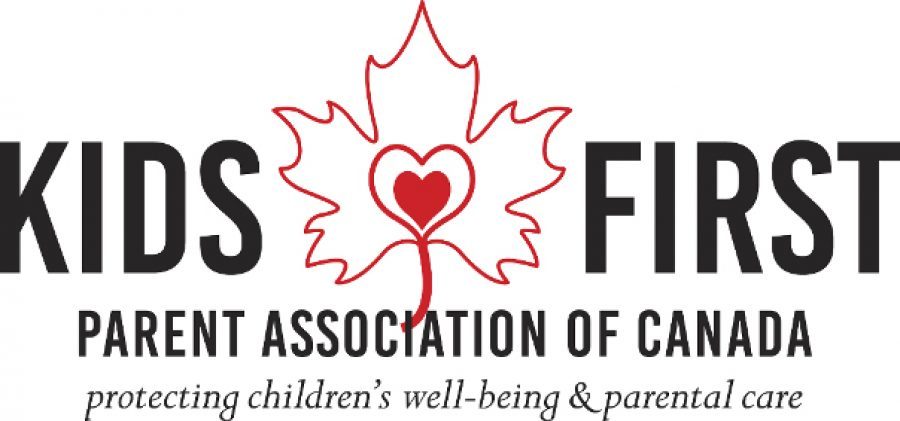| Quotes from the OECD’s 2001 paper: January 2001. Lenira Haddad. Childcare Resource and Research Unit – research study: “An Integrated Approach to Early Childhood Education and Care: A Preliminary Study” (download full PDF here) You can also find it via CRRUs website by clicking on this link. Published by the Childcare Resource and Research Unit in Toronto with your tax dollars |
| According to the quoted report, the “ideology of the family” is a problem and must be replaced by “a new order. This includes deep changes in societies in general and in the family’s structure in particular…a review of the family-state relationship regarding the responsibility for the care and education of children.” “Integrating” school and children’s care—through such initiatives as universal daycare and early kindergarten—is the key to greater state intervention in the family. It results in the “professionalization of care” which means less involvement of parents with their children. The purpose of “integration” is separation. This results in more money for businesses and governments: the labour force increases and wages drop as parents are forced to spend more time in employment and need to buy the goods and services they no longer have time to provide for themselves. Daycare provides a “corporate welfare” subsidy for low wage employment. And we pay more taxes for the “care” we are financially punished for providing ourselves. p.3 the “ideology of the family” is a problem and must be replaced by “a new order. This includes deep changes in societies in general and in the family’s structure in particular…a review of the family-state relationship regarding the responsibility for the care and education of children.“ p.6 “the paradigm shift from an exclusively family responsibility to a shared responsibility, which is the legitimization of out-of-home child socialization. This means a significant portion of the upbringing process has now becomes a public concern and calls for: a redefinition of public (state) and private (family) relationships concerning children’s affairs“ p.9 “Although there is a growing view of ECEC as a shared responsibility between the family and the state, in many countries the state is still reluctant to intervene in the family domain, especially when it comes to investments for under-threes and full-time coverage.“ p.5 “Dr. Haddad proposes … a partnership between families and the state (and seen most often in Scandinavia) as well as a new definition of integration in ECEC which moves beyond the current notion of local and administrative co-ordination to highlight the attitudinal changes regarding the role of the state in the education and socialization of children. These changes are necessary in the process of re-thinking the development and implementation of policies and programs for young children. She calls for universal ECEC provision integrated under one auspice“ p.11 “This means that a significant portion of the upbringing process has now become a public concern and calls for: a redefinition of public (state) and private (family) relationships concerning children’s affairs; the recognition of the child’s right to be cared for and socialized in a wider social context than that of the family; the recognition of the family’s right to share the care and education of the child with society; the professionalization of care and the enlargement of the concept of education.“ |
